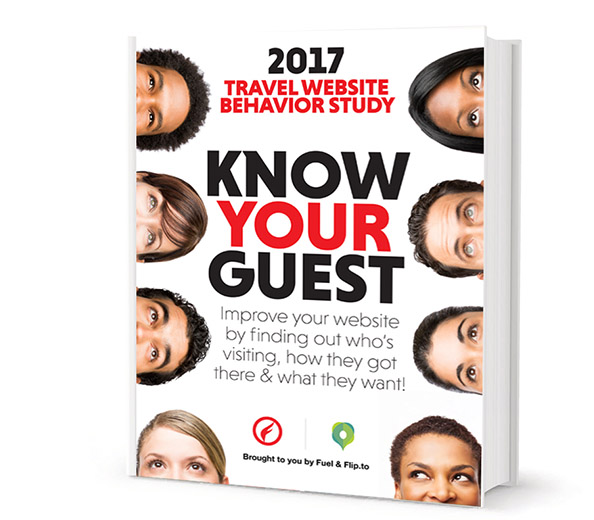Hospitality and travel are two of the most experiential industries we’ll ever know. And yet, a survey of the marketing landscape in these two areas reveals a shortage of content that reflects just that—experiences that inspire people through candid moments that they can easily imagine themselves enjoying.
This leaves would-be guests bouncing from site to site trying to piece together a narrative to which they can relate. Google has cleverly termed this “travel snacking” and the comparison couldn’t be more appropriate.
Snacks are great, unless you’re hungry for a meal.
The issue is more pronounced when you look at how this applies to the traveler journey at large. For simplicity’s sake we’ll condense things into three stages: pre-stay, on-property, and post-stay.
As a marketer, you can divide each of these further into micro-moments, but as a whole these experiences are what define the guest’s perception and are an opportunity to shape the guest experience with a meaningful narrative that inspires your guest at every part of their journey.
Storytelling is, without a doubt, the most effective way to do so. Marketing jargon aside, science is on our side with this one. (Take that!) But seriously, research indicates that the brain makes little distinction between reading about and experiencing something. That’s incredibly powerful information.
Pre-stay
Long before a stay, stories serve to build the foundation of the guest’s expectations.
Instead of pushing messages about deals and discounts, tell an interesting quip about your hotel’s history, or offer a unique perspective on the destination that may intrigue a prospective traveler.
Remember, people travel to destinations, not buildings. By telling a compelling story about where your property is located, you position yourself as the facilitator of great experiences in your area. This inspires would-be guests to not only consider the destination, but also your hotel.
By operating with this mindset, two things happen. First, a good narrative will help you influence travelers in the early stages of planning, where there is considerably less noise and big opportunity to make an impact. Anywhere from 45-66% of leisure travelers are undecided or have multiple destinations in mind at the start of the travel planning process.
Second, by employing authentic stories, your hotel will differentiate itself within the market early on. Remember, there are a lot of options available to travelers and no hotel wants to become a commodity.
On-property
It’s impossible to overstate the importance the hotel plays in actualizing the experience once the guest is on property. It’s the storyboard from which the memory of the trip can take life.
As the operator, the hotel plays a fundamental role in facilitating the experience and ensuring the guest has a great story to share.
This is also the ideal time to get to know the guest. Understanding the audience means it’s easier to meet guests’ needs and provides the necessary context for crafting a unique narrative.
Combining data and storytelling allows you to gain context and present a narrative that’s true to your brand while also effective at inspiring your audience.
Post-stay
After the guest has departed, the industry-standard for communication tends to be a “thank you,” a survey, and then chasing the guest with templated marketing messaging. This typically persists until the guest opts out.
Sadly, there is rarely any effort made to infuse the highly experiential on-property experience into the messaging following the stay—and that’s a real shame. As a marketer, you can use this opportunity to build a stronger relationship and long-term loyalty with that guest.
Not only that, but it’s the perfect time to pass the storytelling torch, letting your guests now become the purveyors of an authentic narrative about your hotel. The benefits of doing so are tremendous.
With the internet being the greatest platform for social connectedness, a single person’s voice can travel farther than ever before. Plus, as there’s a lot of noise competing for fleeting attention, individuals are better able to cut through the racket, becoming a more trusted source of information than brands.
Unleash storytelling at your hotel
Together, brands and guests co-create the best dialog about your hotel. By adapting a storytelling mindset that spans the entire guest journey, hoteliers put their greatest asset to its best possible use.
Armed with this knowledge, hotels can take advantage of their role as facilitators of incredible experiences from the moment the guest discovers the property, to rekindling the highlights of their stay. Storytelling conveys memories that trigger powerful and compelling emotions.

 We’ve made our rounds on everything from revenue management to marketing and beyond. After picking up a few things along the way, we’re happy to share them with you.
We’ve made our rounds on everything from revenue management to marketing and beyond. After picking up a few things along the way, we’re happy to share them with you.






